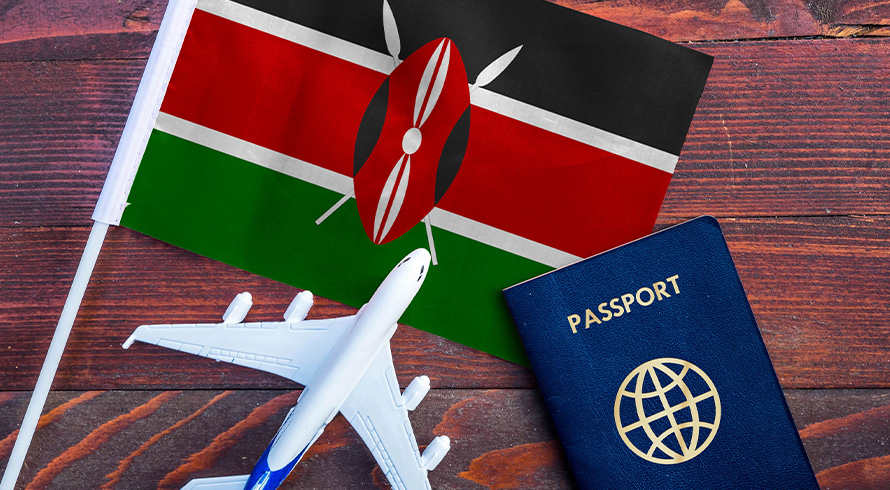International Arbitration in the Banking Finance Industry – relevance for Africa?
The report confirms a growing trend in the referral of financial sector disputes to international arbitration for resolution. Importantly, however, the growth in referrals to international arbitration has not been as significant as in areas outside of the financial sectors.
There are a number of possible reasons for this relative slow growth. The report suggests that one of these reasons may be an apparent lack of awareness and understanding of the benefits of international arbitration. Another: the apparent view that international arbitration does not satisfy the needs of specialised financial disputes.
The report concludes that financial institutions perceive international arbitration to be most appropriate when, for example, the transaction out of which the dispute has arisen was “significant” or complex and where confidentiality is important to the parties. The report also suggested that international arbitration may be appropriate where a counter party is a state-owned entity or where enforcement may become problematic.
Both of the last suggestions are particularly relevant to Africa.
Certain institutions indicated that there was often a need to seek interim or urgent relief from state courts which could not easily be obtained through arbitration proceedings. In addition, default procedures are scarce if not totally unavailable. High costs, lack of transparency, an inability to join additional parties to proceedings and the lack of judicial precedent were all raised as further reasons for not resorting to international arbitration. All of these points have merit.
It is interesting that two areas in particular - derivatives and sovereign finance – have seen more referrals to international arbitration than any other banking and finance industry sector.
It is no secret that Africa is witnessing an awakening of sorts in the field of international arbitration. On a continent where sovereignty reigns supreme and civil court judgments are anything but predictable, it makes sense that the use of an independent tribunal to resolve international disputes, is on its way to becoming the first (and often only) choice for both commercial and investment transactions.
There is no reason why this shouldn’t apply to financial disputes. Many of the reasons parties choose a civil court for relief (over arbitral proceedings) appear to be less convincing in the African context. Urgent relief is a relative concept. The intervention of the state is a constant concern, especially in matters in which the state (or an organ of state) is a party to the proceedings.
The above, against the background of some novel innovations in arbitral procedural rules (such as urgent, ex parte, interim and conservatory relief) suggests that Africa may have more to gain from referring financial disputes to international arbitration than one might expect in other regions of the globe.
Then there is the obvious question: how does one actually enforce an arbitral award? Through the courts, of course. Then surely it would make sense to go straight to the courts without incurring the costs of an international arbitration first? Not entirely. By enforcing an arbitral award through a court in a region where the state concerned is a signatory to the New York Convention on the Recognition and Enforcement of Foreign Arbitral Awards, any court interference in the substance of the award is almost entirely negated. The New York Convention effectively ties the hands of a local court when seized with an application for the enforcement of a foreign arbitral award. More than half of the states in Africa are signatories to the New York Convention. In contrast, a local court will have the fullest discretion to apply the local law, as it sees fit, to the substance of the dispute if the parties choose not to resort to arbitration - a situation which may encourage or at least facilitate outside interference or influence in the proceedings.
And then there is the pesky issue of “public policy” grounds for refusing to recognise an arbitral award. This is not a problem unique to Africa. It is also not a problem unique to arbitral proceedings.
In conclusion, there is clearly scope for the development of referrals of African financial sector disputes to international arbitration. But international arbitration is not a panacea for all problems currently faced. There is, however, no reason why international arbitration cannot evolve and adapt to become the solution required, but this will only happen once parties fully embrace international arbitration as a legitimate alternative to court proceedings.
The information and material published on this website is provided for general purposes only and does not constitute legal advice. We make every effort to ensure that the content is updated regularly and to offer the most current and accurate information. Please consult one of our lawyers on any specific legal problem or matter. We accept no responsibility for any loss or damage, whether direct or consequential, which may arise from reliance on the information contained in these pages. Please refer to our full terms and conditions. Copyright © 2026 Cliffe Dekker Hofmeyr. All rights reserved. For permission to reproduce an article or publication, please contact us cliffedekkerhofmeyr@cdhlegal.com.
Subscribe
We support our clients’ strategic and operational needs by offering innovative, integrated and high quality thought leadership. To stay up to date on the latest legal developments that may potentially impact your business, subscribe to our alerts, seminar and webinar invitations.
Subscribe




